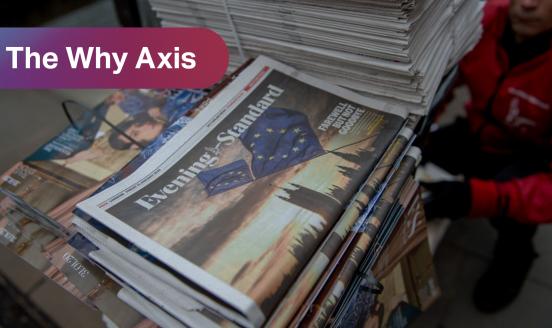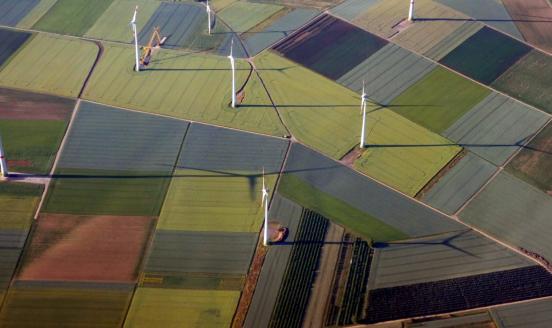Section 232 reloaded: the false promise of the transatlantic ‘climate club’ for steel and aluminium
This paper sets out the EU and US perspectives on the ongoing negotiations and evaluates their initial negotiation proposals.

Executive summary
In using the removal of Section 232 ‘national security’ tariffs on steel and aluminium imports as a bargaining chip, the United States demands that the European Union engage in negotiations on “global steel and aluminium arrangements to restore market-oriented conditions and address carbon intensity”. The US demand has reportedly been inspired by a blueprint that would establish an international institutional arrangement – labelled a ‘climate club’ – which would externalise market-access restrictions afforded by US Section 232 tariffs to the customs borders of club members. While the declared objective is to incentivise non-members to adopt low-carbon steel (and aluminium) production methods the US blueprint suffers from various design flaws including inefficient incentives, WTO inconsistency and incompatibility with the EU Carbon Border Adjustment Mechanism.
The effectiveness of the proposed US scheme is severely compromised by the plethora of policy objectives it pursues, which go far beyond the goal of incentivising industrial decarbonisation in third countries, including secondary (ie protectionism) and tertiary (ie global power competition with China) objectives. The initial negotiation proposal submitted by the United States Trade Representative (USTR) to European Commission trade negotiators incorporates many if not all the problematic elements of this blueprint, setting the US on a collision course with the negotiation proposal put forward by the European Commission. This paper concludes that the adoption of the scheme proposed by USTR would result in a step backwards for international climate and trade cooperation, whereas not adopting the EU proposal would make for a missed opportunity. Given the sharply diverging negotiation positions and associated respective domestic constraints on both sides, however, policymakers should start to engage stakeholders now to manage expectations towards a low-ambition negotiation result, if any.
The author acknowledges helpful comments from Aaron Cosbey, Uri Dadush, Simon Lester, André Sapir and Jeromin Zettelmeyer on earlier drafts of this paper.
This research output received funding from the European Climate Foundation.



